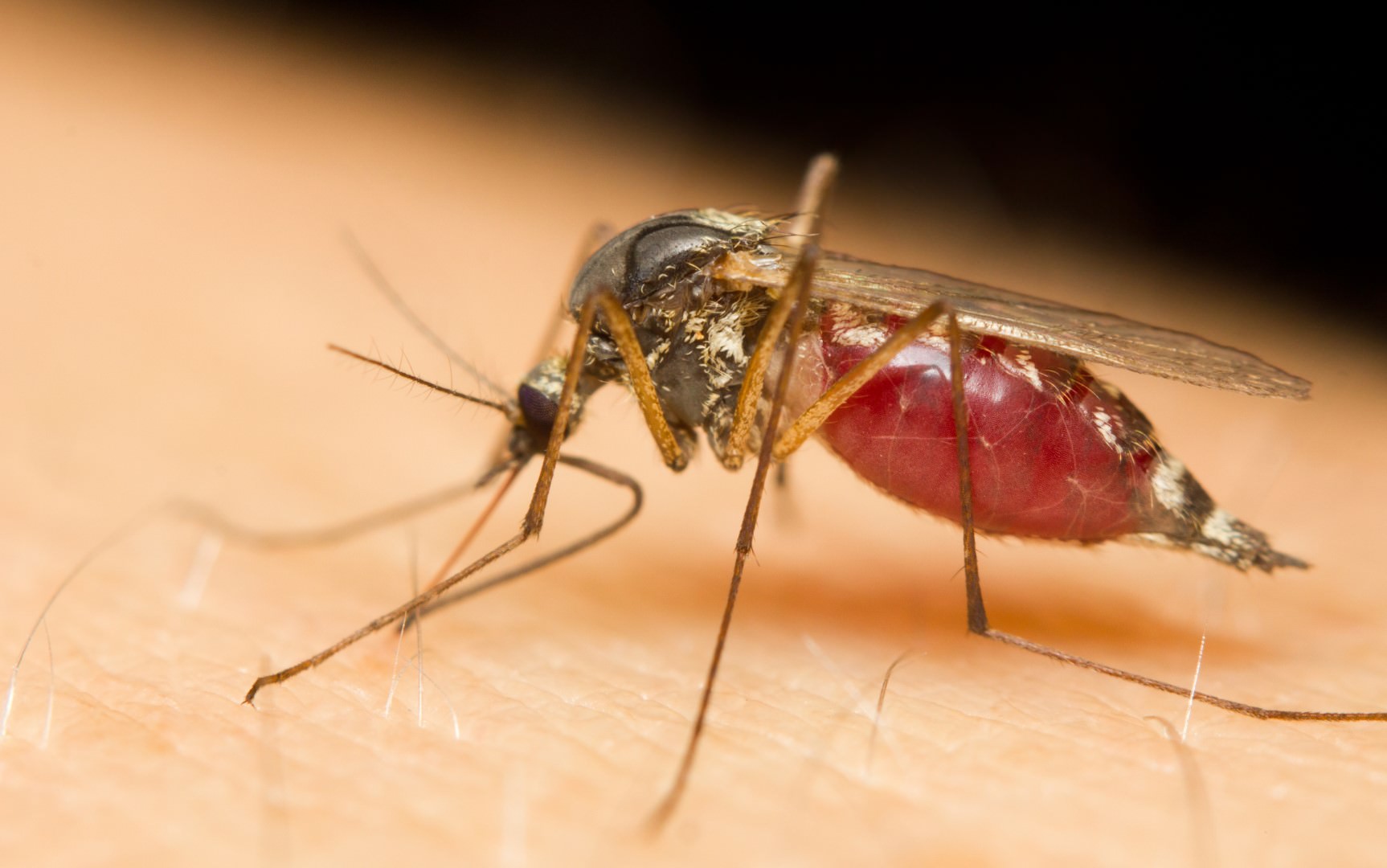Did COVID Reduce Bed Bug Infestations?
COVID-19 has undoubtedly changed the world, adversely affecting the social landscape. From mask requirements at the local grocery store to elbow bumps replacing handshakes, social customs changes are apparent. However, the pandemic has also served as a catalyst for other health concerns, such as bed bug prevention and control. Though they may not be as deadly as the coronavirus, they cause their fair share of consequential damage. Beyond the persistent itching and unpleasant, rash-like bites, bed bugs can cause psychological trauma in perfectly healthy individuals—even amounting to nightmares, flashbacks, extreme anxiety, and other PTSD symptoms.
After nearing eradication in the mid-1950s to the late 1990s, Bed Bugs have made a death-defying resurgence with infestations increasing by more than 4,500% in the 21st century. Some believe that social isolation, limited access to travel, and hotel vacancies will help kill off existing bugs. While that would certainly be nice (use one epidemic to kill off another, right?), the chances of that happening are slim. Nymphs and adults alike can survive without feeding for months, even up to a year if the conditions are right. Moreover, when vacant spaces become occupied again, starving bugs will search desperately for their next victims. According to Brittany Campbell, an entomologist and research scientist with the National Pest Management Association, they may even adopt dramatic behavior shifts, such as coming out in broad daylight to feed.
Detractors for Bed Bug infestations due to COVID are few and far between and unlikely to stick around. Furthermore, they don’t offset the concurring contributing factors also spawned by the pandemic. For instance, people are less likely to want to pay for necessary pest control services during times of economic strife. Fewer frequent travelers may prevent the spread in the short-term, but the reprieve is only temporary. Once restrictions are lifted, vacationers hungry for adventure will come out in full force. Non-essential establishments that are currently closed will eventually re-open, and when they do, the ravenous pest will be ready.
How Bed Bugs Weaponize Social Isolation
The COVID-19 pandemic has many people bunkered down in their homes, attempting to limit contact with the outside world. Unfortunately, exterminators are often lumped in with non-essential visitors, and an unwillingness to allow strangers into our homes has allowed populations to proliferate rapidly. Moreover, they aren’t confined to the space they initially occupy. In apartment complexes, they often venture to adjacent units when human inhabitants vacate. Consequently, a single resident stubbornly refusing pest services can lead to a problem for the entire building. In multi-unit complexes, honesty, openness, and communication are required to deal with pest issues effectively. When people try as hard as they can to limit contact, they are less likely to alert fellow residents. A single female carrying eggs can lead to a relentless population that quickly gets out of hand. You should contact a pest control company like Platinum Pest Management as soon as you suspect an infestation.
The Effects Of Increased Homelessness On Bed Bug Populations
The growing homeless population was a national problem before COVID, and consequential economic troubles have led to vast increases in homelessness, with a projected growth of 40–45% this year alone. Many cities have been taking advantage of vacant hotels for housing at-risk homeless persons to slow down the spread of coronavirus. Such measures seek to alleviate crowding or to take care of the sick who lack access to healthcare and the ability to isolate or self-quarantine. However, the same factors that make the homeless more susceptible to COVID also make them more vulnerable to bed bugs. During their transient lifestyle, homeless people venture to a myriad of places where they can pick them up. Many come from over-crowded shelters where occupants sleep on cots spaced less than two feet apart. Infiltrating clothing, backpacks, and other personal possessions, they will hitch a ride to COVID hotels, spreading amongst the multi-unit buildings. Bed Bugs love nothing more than static hosts who they can continuously feed off. COVID hotels, with rooms full of bedridden patients, are a free-for-all banquet.
Where Does That Leave Us?
Though COVID-19 has exacerbated certain factors, bed bugs are persistent problems, with or without a pandemic. As we slowly but surely resume active lives, we must remember to remain vigilant. Our struggle with COVID-19 serves as a not-so-gentle reminder of our vulnerability as a species. Take special precautions while traveling, such as checking the mattresses wherever you stay and heating your luggage before bringing it inside your home. If you find yourself under assault, contact a pest control company right away. At Platinum Pest Management, we offer comprehensive treatment plans to eradicate pests from your home—before they spread like a disease.






